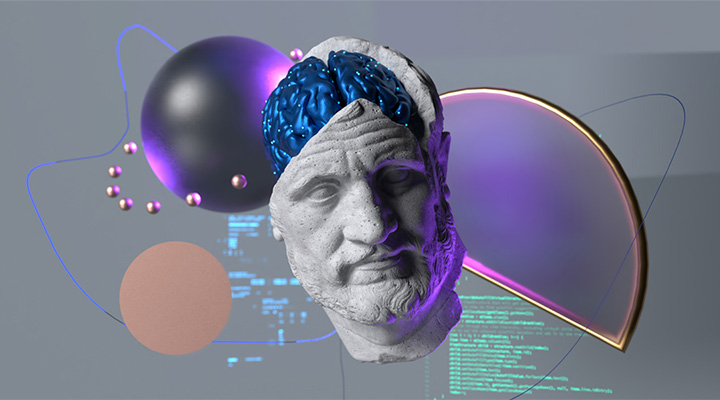Events
-

Weekly GenAI Support Clinics
One-hour drop-in clinics on teaching and learning topics related to the use of tools such as ChatGPT, Stability AI, Google Bard and others, every Wednesday.
Submit your event!
If you are planning a generative AI themed event or have seen
something noteworthy related to generative AI, please reach out.
Recent News
-
AI competency framework for students
This publication aims to help educators integrating artificial intelligence learning objectives into official school curricula to prepare students to be responsible and creative citizens in the era of AI.
-
Ensure High-Quality Data Powers Your AI
AI does not need to fail on a global scale to cause enormous damage — to individuals, companies, and societies. Models frequently get things wrong, hallucinate, drift, and can collapse.
-
Augmented Course Design: Using AI to Boost Efficiency and Expand Capacity
Using generative artificial intelligence (GenAI) tools such as ChatGPT, Gemini, or CoPilot as intelligent assistants in instructional design can significantly enhance the scalability of course development.
-
Leveraging Generative AI for Inclusive Excellence in Higher Education
The hype and hesitation about generative artificial intelligence (AI) diffusion have led some colleges and universities to take a wait-and-see approach.
-
Augmented Course Design: Using AI to Boost Efficiency and Expand Capacity
Using GenAI tools like ChatGPT and Gemini in instructional design boosts course development efficiency and aligns content with curriculum goals. This article explores AI’s role in content creation, media development, and faculty support, offering ethical design suggestions.”
-
B.C.’s wildfires can only be met with a new era of innovation to fight them
BC’s wildfire crisis demands innovation. This article highlights the province’s efforts, including how UBC researchers are using AI-driven sensors to predict fire risks and develop new detection tools.





